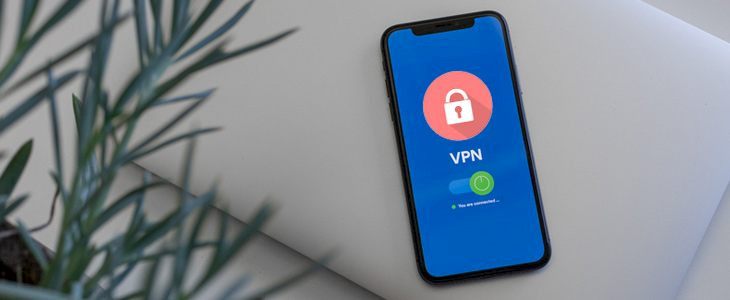
If you regularly use a computer, you should know the benefits of using a reliable Virtual Private Network (VPN). These tools provide a secure tunnel for all web traffic and prevent malicious actors from stealing or misusing data.
While some believe that these tools are exclusively for business use, regular netizens can greatly improve their online presence. VPNs mostly benefit users by allowing them to establish a safe connection to public wireless networks, but they can be so much more. Read on to find some key things about VPNs.
Security and Privacy
A VPN protects your digital identity and online safety; even more so if you're prone to using public wireless networks. Every public Wi-Fi poses a serious threat to users, exposing them to a range of risks. Hackers have various techniques to spy on your web traffic. It's even worse if you don't use HTTPS security protocol. Hackers can hijack your web accounts and snatch any data they can get their hands on.
Then, there's constant tracking to worry about. Some ISPs intentionally track their users to sell information regarding their web traffic to various third parties. Websites tend to display repetitive advertisements that influence browsing negatively. Also, most of the promotions are tailored according to users’ browsing habits: the sites you visit and the ads you click.
Furthermore, each time you visit certain websites, the government is there, spying on you. Fortunately, you can put an end to all of their efforts by installing a top VPN service. It directs your online traffic through safe servers, hides your IP address, and masks your web traffic.
Bypassing Firewalls and Geo-blocking
It probably happened to you: you wanted to access content on the internet but couldn't. This is because some online content isn't available in your region. There are many restrictions and limitations, especially if you want to access services from certain countries like Turkey or China.
Well, you can bypass these restrictions by using a VPN. Different VPN service providers run servers in different locations. By connecting to these servers, you can appear to be accessing the wanted content from the location where that content is allowed. Switch between servers and bypass geo-restrictions regardless of your actual location. People mostly use VPNs to access Netflix or sporting events, BBC news, and so on.
Paid vs. Free
You can either pay for a VPN service or use a VPN at no cost. However, you should know the difference between these two services. Free VPNs are the most common selection for internet users as the features they provide are usually enough for them. However, free VPNs include certain restrictions, such as:
- Display ads
- Limited number of servers
- Low connection speeds
If you're new to the VPN game, our warmest recommendation would be to perform certain tests to ensure that a VPN performs all necessary actions. A top-class VPNs won’t keep logs, allowing their users to surf the internet privately and anonymously. So, make sure to check privacy policies and terms and conditions documents to learn how a VPN handles your data.
Features to Look for When Choosing a VPN
There are a couple of things you should pay attention to when choosing the best VPN for your needs. It would be best if you mostly focused on the features a VPN service provides. These features should include:
- Speed and connectivity – look for providers that offer the best performance, especially if you intend to watch movies or TV shows online.
- Security – your safety is your top priority. Choose a VPN with a kill switch, proper IP hiding, and no-logs policy.
- Accessibility – make sure your VPN provides a range of servers for you to choose from.
- Reliable encryption – choose a service that uses military-grade encryption.
- Ease of use – your VPN should have a user-friendly interface.
- Versatility – your choice should support a wide range of operating systems and platforms.
- P2P functionality – make sure you have no bandwidth thresholds or throttling.
- Tech support – a top-class VPN service provider will have you covered 24/7.
- Affordability – a good VPN should be affordable and cost-efficient.
Conclusion
So, now that you have some basic knowledge of what to look for in a VPN, you can safely choose your service provider and surf the internet. The key here is to find the service that suits all your needs and is not too expensive.